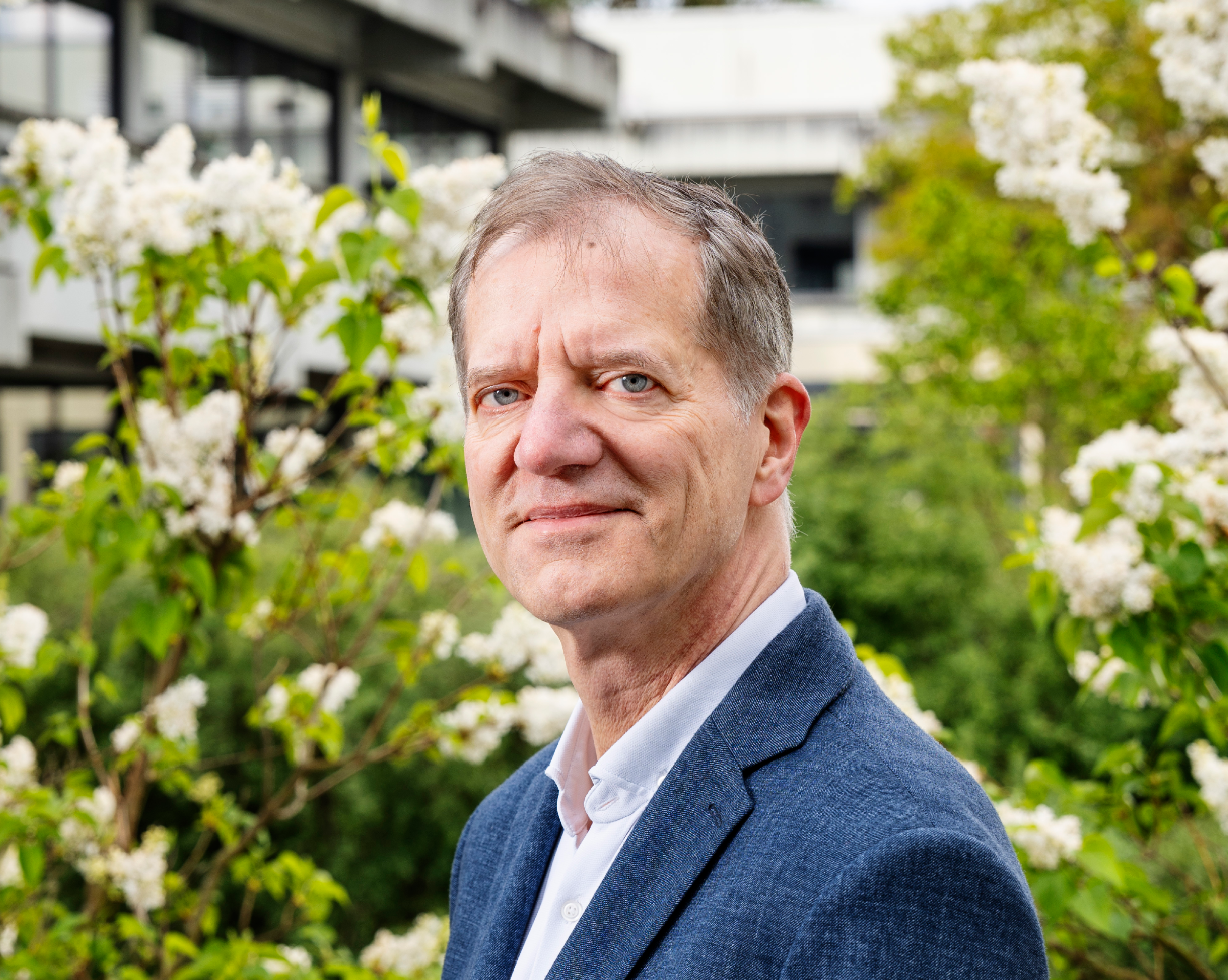Biochemists Ruedi Aebersold and Matthias Mann will be awarded the Dr H.P. Heineken Prize for Biochemistry and Biophysics 2024. The jury commends their pioneering work in proteomics, and especially their prolific and seminal contributions to new techniques to study proteins in a system-wide context. As a result of their achievements, we better understand how healthy cells work and what goes wrong in disease. Never before has the prize been awarded to two independent scientists.
In 2024, it will be 60 years since Alfred Heineken introduced the very first Heineken Prize: the Dr H.P. Heineken Prize for Biochemistry and Biophysics. On this special anniversary edition, the jury has decided to nominate not one but two top scientists. In doing so, the jury honours not only the work of Aebersold and Mann, but also the field of proteomics. Previous laureates of the prize include Nobel laureate Carolyn Bertozzi (2022) and Bruce Stillman (2020).
Drivers of proteomics
Proteins are involved in all processes in the body. Without proteins, for example, there is no cell division, metabolism or growth. For a long time, it was thought that one protein performs one specific function. We now know that biology is much more complex. For example, it has become evident that one protein interacts with many different proteins to perform various functions. To understand how processes in our bodies work, it is not only necessary to identify proteins but also to uncover their interactions with each other. Large-scale research into this is called proteomics.
The jury believes that Ruedi Aebersold, professor emeritus at the ETH Zurich Technical University in Switzerland, and Matthias Mann, professor at the Max Planck Institute for Biochemistry in Germany, are drivers of this field. Their work has made essential contributions to identifying and analysing proteins and offered new insights into how they interact. Both scientists have developed new, innovative techniques that, among other things, have enabled accurate, quantitative measurements of thousands of proteins simultaneously, a method that has become a standard in the research field.
Although the two laureates have primarily followed their own paths over the past decades, they have significantly benefited from each other’s work. Moreover, they share a common goal: to identify the partnerships between all 8 billion proteins in a cell.
Applicability in medicine
As a result of the contributions of Aebersold and Mann, we better understand how healthy cells work and what goes wrong in disease. For example, we can now detect certain diseases early, such as liver disease. When someone is developing liver disease, the amounts of protein in the blood change. By detecting this early on, they can change their lifestyle and avoid becoming ill. Another important medical application is Mann’s research into allergic skin reactions to drugs. By studying patients’ affected skin cells, he discovered the cause and thus laid the foundation for treatment. He is currently analysing the differences in the interactions between proteins in cancer cells and normal cells within a single patient – an approach that could lead to personalised tumour treatments in the near future.
Key milestones over the years
Aebersold was among the first to recognize that our understanding of biological processes hinges not on genes but on proteins – the true workhorses of our cells. His advocacy for large-scale protein research was a testament to his visionary approach. He emphasized that a protein never operates in isolation, but is always part of a larger network, a concept that has since become a cornerstone of our understanding.
To understand how proteins work together, however, you must first know which proteins are present in the cell. One of the main techniques used to study this is mass spectrometry, which measures the masses of protein fragments. With this information, you can identify which protein you are dealing with. Mann was the first to develop an algorithm that could solve this puzzle. Thanks to this algorithm, many vital proteins were discovered. In doing so, Mann made a crucial contribution to analysing proteins in living systems. He did this with his supervisor and inspiration John Fenn, who received the Nobel Prize in chemistry in 2002.
Aebersold also made several essential technical contributions to mass spectrometry. For example, he made mass spectrometry suitable for a very targeted and accurate comparison of the protein composition of different cells. This enables the identification of the processes that are disrupted in a cell in disease. To apply this method optimally, Mann developed a mass spectrometer specifically for this technique. By joining forces, they created a method that almost everyone in the research field uses today.
About Ruedi Aebersold
Ruedi Aebersold (1954, Oberdiessbach) studied cellular biology at the University of Basel in Switzerland, where he also obtained a PhD in cellular biology. After two postdoctoral positions at the California Institute of Technology, he was appointed associate professor at the University of British Colombia in Vancouver in 1989. In 1993, he left for Seattle, where he was appointed professor of molecular biotechnology at the University of Washington in 1998. In 2000, he co-founded the world’s first Institute of Systems Biology there. In 2004, he moved back to Switzerland and became a professor of systems biology at the technical university ETH Zurich in Switzerland.
About Matthias Mann
Matthias Mann (1959, Thuine) studied physics and mathematics at the Georg August University in Germany. In 1988, he received his PhD in chemical engineering from Yale University in the United States. After a postdoctoral position at the Southern Danish University, he became group leader at the European Molecular Biology Laboratory in Heidelberg in 1992. In 1998, he was appointed professor of bioinformatics at the Southern Danish University, and he has been director of the Max-Planck Institute for Biochemistry in Martinsried since 2005. He has simultaneously been director of the proteomics programme at the University of Copenhagen since 2007.
Video
Matthias Mann
